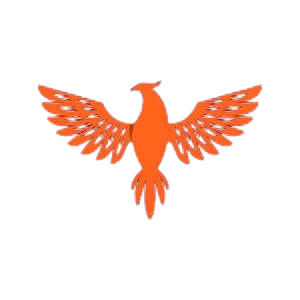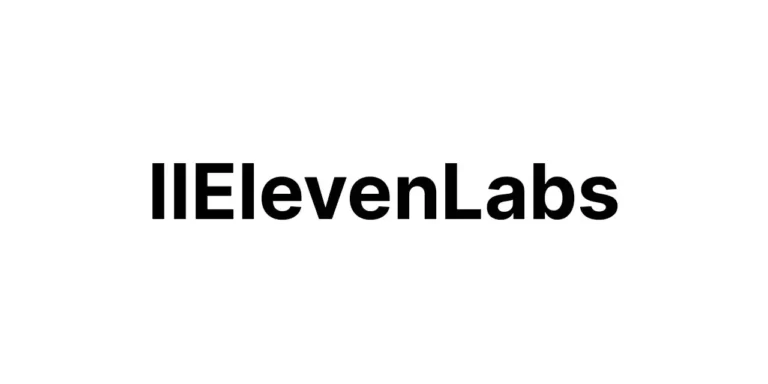How to make self-education effective?
The trendy term Self-Education, if you ask your surroundings, almost everyone will answer that, of course, they are engaged in it! The question of how effective it is remains open. But why is it needed? What does it give? Are we approaching this question correctly when working on ourselves? What methodology is best suited? But let’s start with the main question: For what?
Dialogue one: For what?
So what’s the point of it? And why try to delve deeper? Every person wants to achieve things like success, and recognition,(simply have more money). It is commonly accepted that the more you know, the more appealing you are to companies and are supposed to be successful, but is that the case? From my experience in the business environment, I can say it’s not entirely true. Because business requires the ability, not just knowledge. In other words, if you think you have a lot of knowledge, but can’t turn it into even an effective marketing company (for example), then there’s something wrong with your knowledge.
Dialogue two: What’s wrong with what I know?
Suppose you’ve decided to start your own business or you’re confident in leading a department in a large company. Have you asked yourself before, “Do I have all the necessary skills?” (resources are a whole separate extensive topic) Yes, yes, it’s the skills, they differ from knowledge in that you can do something, not just think you can. You can take five courses, and read a hundred books on it, but when a situation arises that you have not dealt with, you may get scared and not cope with the responsibilities… So we come to the understanding that there is indeed a huge difference between knowing and being able to. Do you know how many times I’ve seen people psychologically (I’m not talking about the financial side) burn out acting purely on motivation, not realizing that you need to work with knowledge correctly.
Dialogue three: What does it mean to work with knowledge correctly?
You can object, but it’s all nonsense! What’s the point of all these differences in abilities, knowledge, and skills? You can if you don’t want to achieve results. Because results are achieved by skills, essentially by a direct change through you, your skills. For those interested – let’s continue, for those who are not, I respect personal choice) So how do you work with knowledge effectively?
Dialogue four: Who is it suitable for and who is not?
Whether we want it or not, everything around us will push us towards development; in nature, it’s simple – you either evolve or degrade. If we take the business sphere, for example, I came across information that in three to four years, the profession of a marketer may disappear (I have a hundred percent doubt, but let’s assume) this profession might be completely taken over by AI. (Just like others, programmers are very afraid of the speed of AI development). So, you’ve worked as a marketer for, let’s say, 8 years, can’t do anything else, and then boom, you’re out of work…
Do you understand? We live in a time now, where previously (let’s say a hundred years ago) the main competition was between people, but now more and more powerful technologies are emerging. Have you heard about the plans to build a supercomputer in the desert that will be powered by a nuclear power station? Can you imagine what that will bring? You may not agree with me, but we will have to learn quickly and effectively!
Dialogue five: Natural inclinations
Everyone has natural inclinations; one person might love talking but dislike writing reports, while another could be the opposite. Can the person who loves talking but dislikes writing reports learn to do them well? Yes, of course, and the same goes for someone who doesn’t like talking. Let’s focus on natural inclinations – not on our favorite pastime of doing nothing, ha-ha – but on talents that should not be forgotten when approaching self-learning. You must objectively assess yourself and choose the method that suits you best. For some, working with a mentor exclusively is the way to go, while others can excel by completing a top-notch course independently. Consider this in self-learning, mix it up, change approaches, but see it through to the end!
From the author
Undoubtedly, I have only touched the tip of the iceberg of this extensive topic, without understanding which, it will be quite difficult now. But, all efforts are rewarded, the main thing is to seek a way out, not excuses. I hope what you have read has been beneficial to you, if you want more, and there is still a lot of useful information (you can check in practice that it works), then leave comments and based on them I will continue (or not…).
If our material has benefited you and motivated you to win! You can support our project, which strives to help you become better!








